Work complete on 1000 solar panels at BGS
More than 1000 energy-saving solar panels have been installed at BGS's headquarters in Keyworth, Nottinghamshire.
07/12/2022 By BGS Press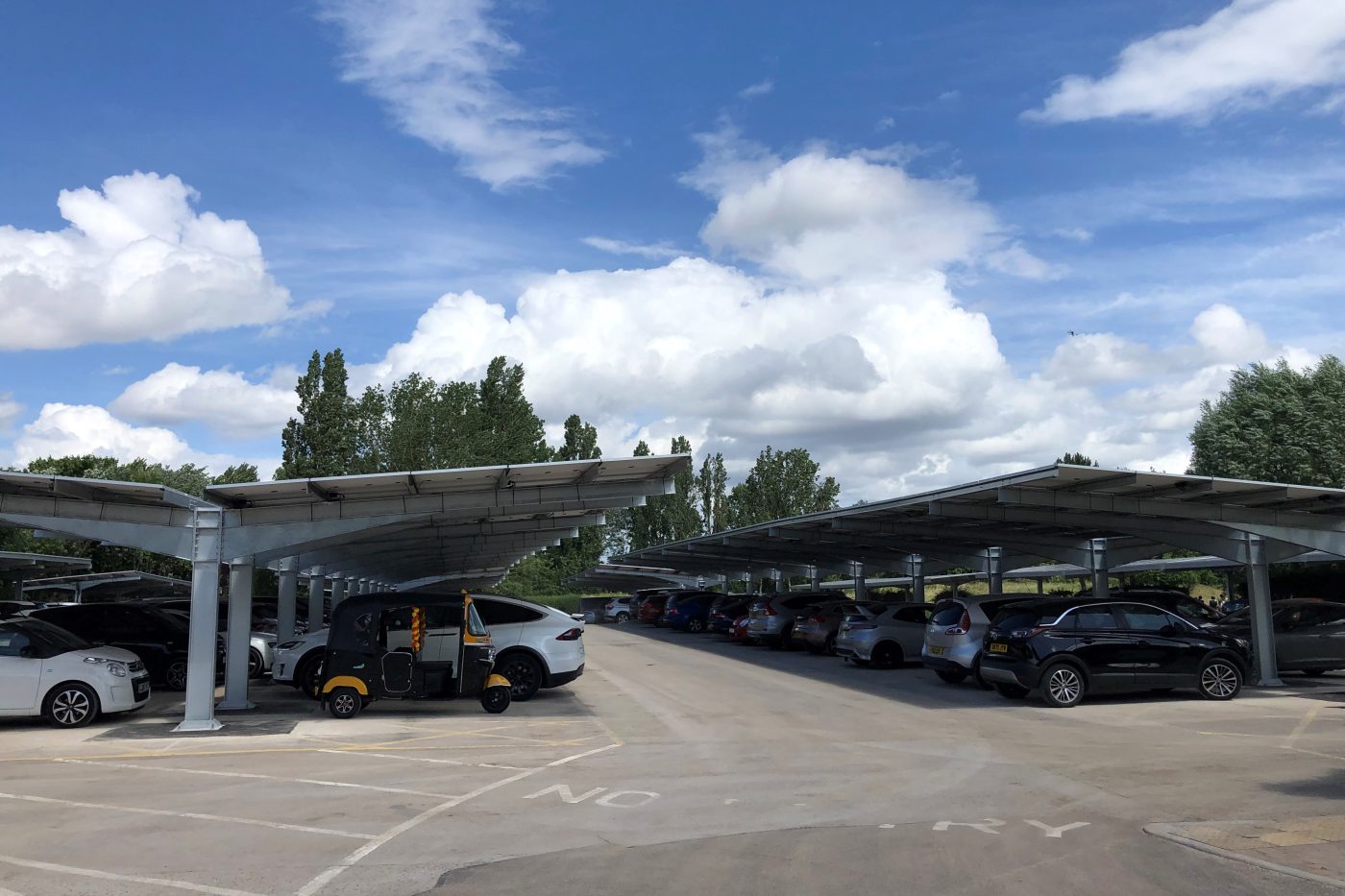
The new solar car port array in the 3980 m2 car park, which has been installed in the BGS grounds just off Nicker Hill in Keyworth, was approved by Rushcliffe Borough Council in 2020. It follows additional work approved by Rushcliffe Borough Council to install more than 1751 solar panels on the site’s National Geological Repository, which is home to the largest collection of rock core samples in the UK.
Solar panels are now in place on a 3100 m2 area of the car port’s roof and are set to generate 589 165 kwh of electricity annually, saving an estimated 305 776 kg of carbon each year. They are designed to boost energy efficiency and offset an increase in electrical usage, which is required in the organisation’s transition away from burning fossil fuels. The output generated at the port will be around 469.2 kWp (kilowatts peak) and 100 per cent of the electricity will be used on site. The car port is expected to provide a significant proportion of the energy needs for the site for at least 25 years, significantly reducing carbon dioxide (CO2) emissions.
BGS accessed the Public Sector Decarbonisation Scheme to install its solar car ports. The work forms part of BGS’s new environmental sustainability strategy, which aims to achieve zero carbon by 2040 across three core areas of the organisation: its estates, working practices and business travel.
As a leading research organisation, we know that the work we undertake and how we support it has an impact on the environment. We’re working very hard to understand this impact so that we can minimise our footprint and transition to being a more sustainable organisation.
We’re lucky to have a headquarters based in such a beautiful area of the East Midlands, so we’re very pleased to be installing the most environmentally friendly modern technologies on our sites.
Generating our own electricity via solar energy means that, as an organisation, we’ll be emitting less CO2 into the atmosphere, reducing our carbon footprint and increasing our sustainability credentials.’
Daniel Crow, BGS Estates Manager.
BGS provides independent geoscientific data, information and knowledge to help the UK manage its natural resources and respond to environmental change. Its work contributes to finding sustainable solutions that will help the UK to reduce its carbon footprint and safeguard the planet.
Work has already begun at the Keyworth site to increase the number of trees and shrubs, reduce grass cutting and implement new meadow areas and orchards to encourage wildlife. Further works are planned for the coming months.
We found the Public Sector Decarbonisation Scheme easy and friendly to use and we’re now looking forward to carrying out further exciting works in our energy transition, including ground source heating, thermal property improvement and use of modern controls.
Daniel Crow, BGS Estates Manager.
Relative topics
For media enquiries please contact Hannah Pole, BGS press office:
hapo@bgs.ac.uk | 07565297132
British Geological Survey (BGS)
The British Geological Survey (BGS) is a world-leading applied geoscience research centre that is part of UK Research and Innovation (UKRI) and affiliated to the Natural Environment Research Council (NERC). The BGS works with more than 150 private sector organisations, has close links to 40 universities and sponsors about 100 PhD students each year. Please see www.bgs.ac.uk.
Related news
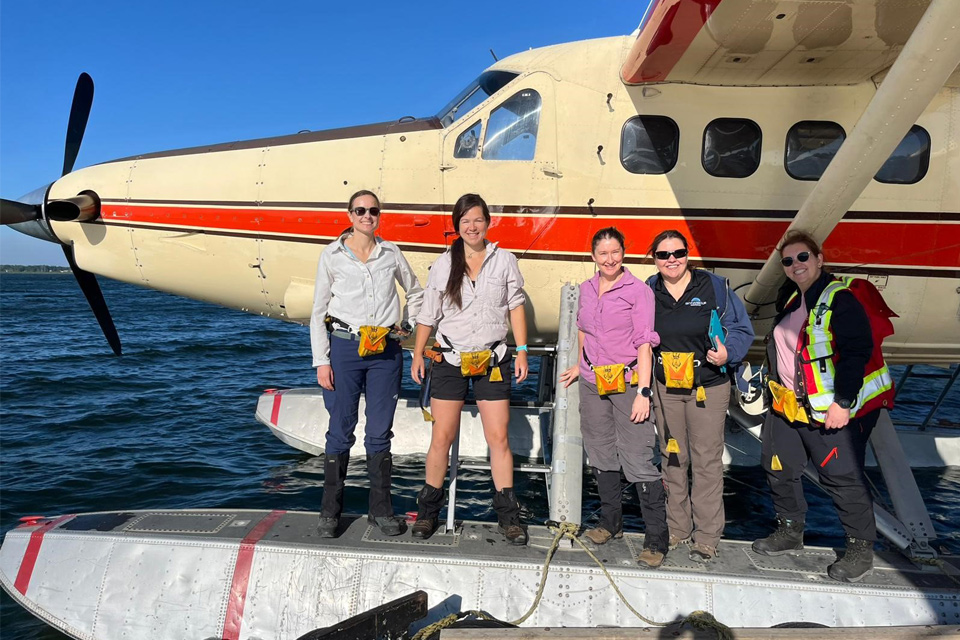
Funding awarded to UK/Canadian critical mineral research projects
08/07/2025
BGS is part of a groundbreaking science partnership aiming to improve critical minerals mining and supply chains.
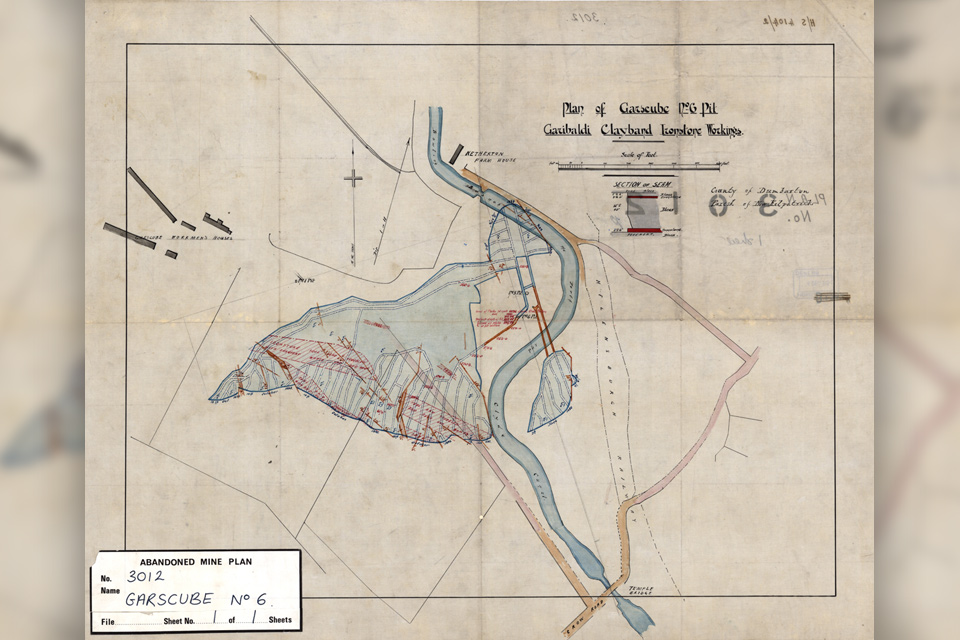
Release of over 500 Scottish abandoned-mine plans
24/06/2025
The historical plans cover non-coal mines that were abandoned pre-1980 and are available through BGS’s plans viewer.
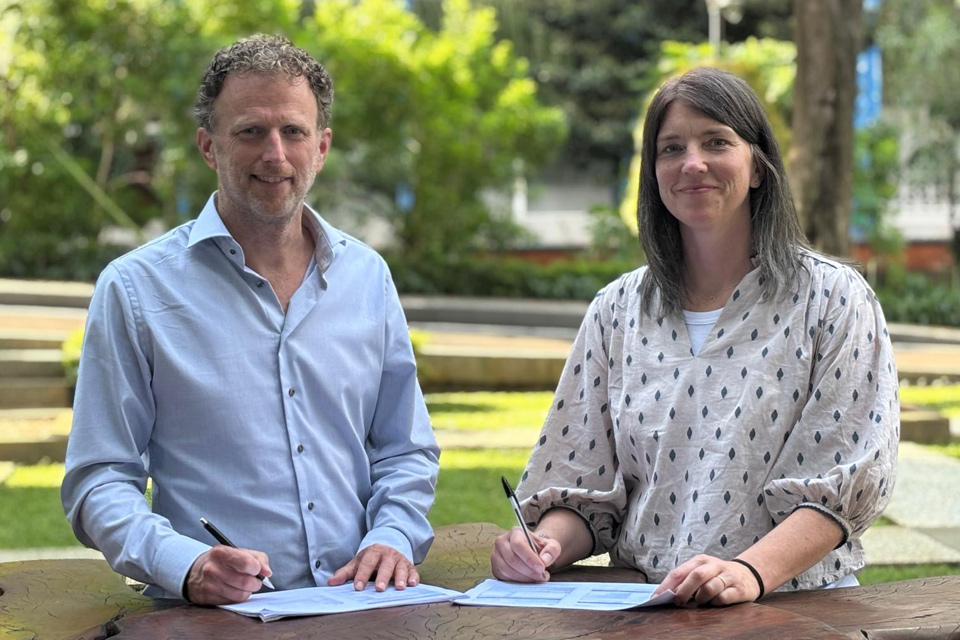
New collaboration aims to improve availability of real-time hazard impact data
19/06/2025
BGS has signed a memorandum of understanding with FloodTags to collaborate on the use of large language models to improve real-time monitoring of geological hazards and their impacts.
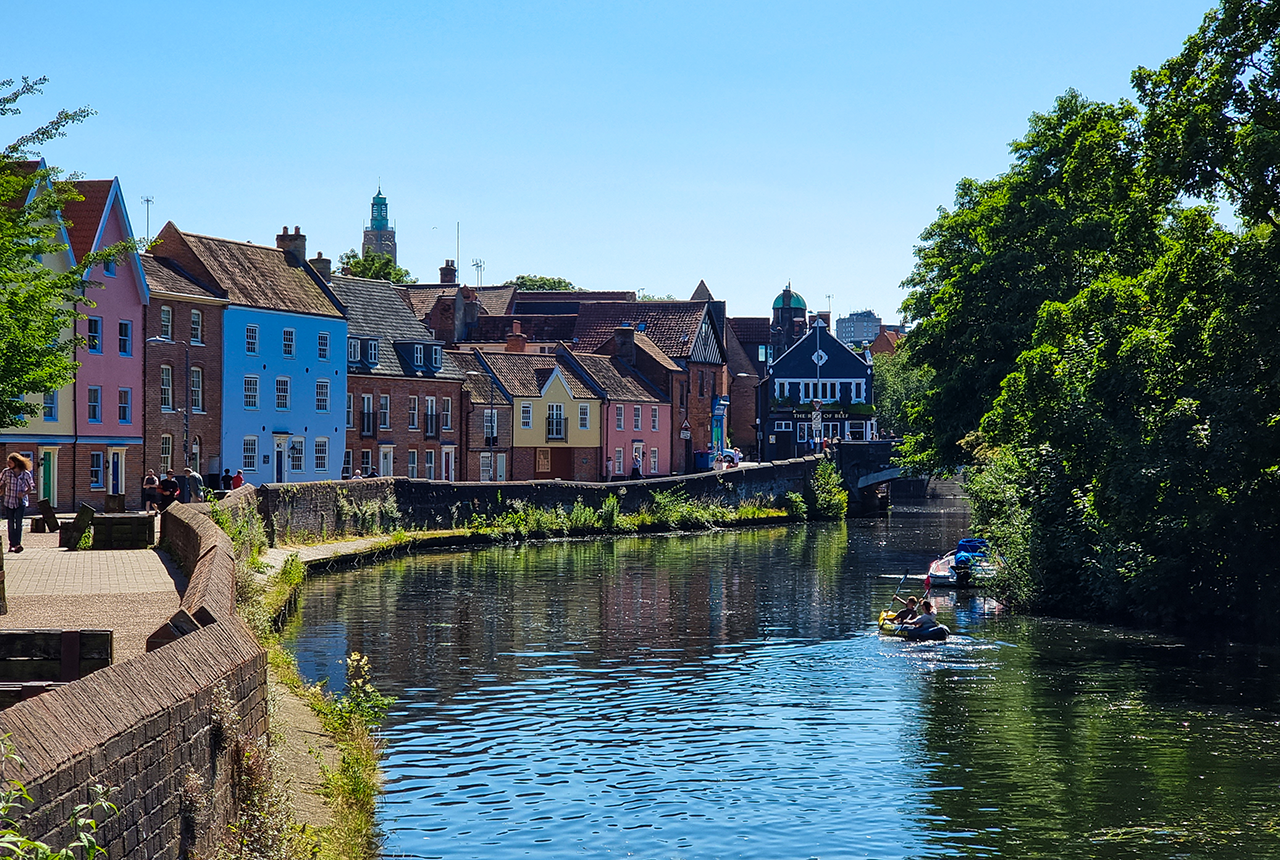
Modern pesticides found in UK rivers could pose risk to aquatic life
17/06/2025
New research shows that modern pesticides used in agriculture and veterinary medicines have been found for the first time in English rivers.

Goldilocks zones: ‘geological super regions’ set to drive annual £40 billion investment in jobs and economic growth
10/06/2025
Eight UK regions identified as ‘just right’ in terms of geological conditions to drive the country’s net zero energy ambitions.
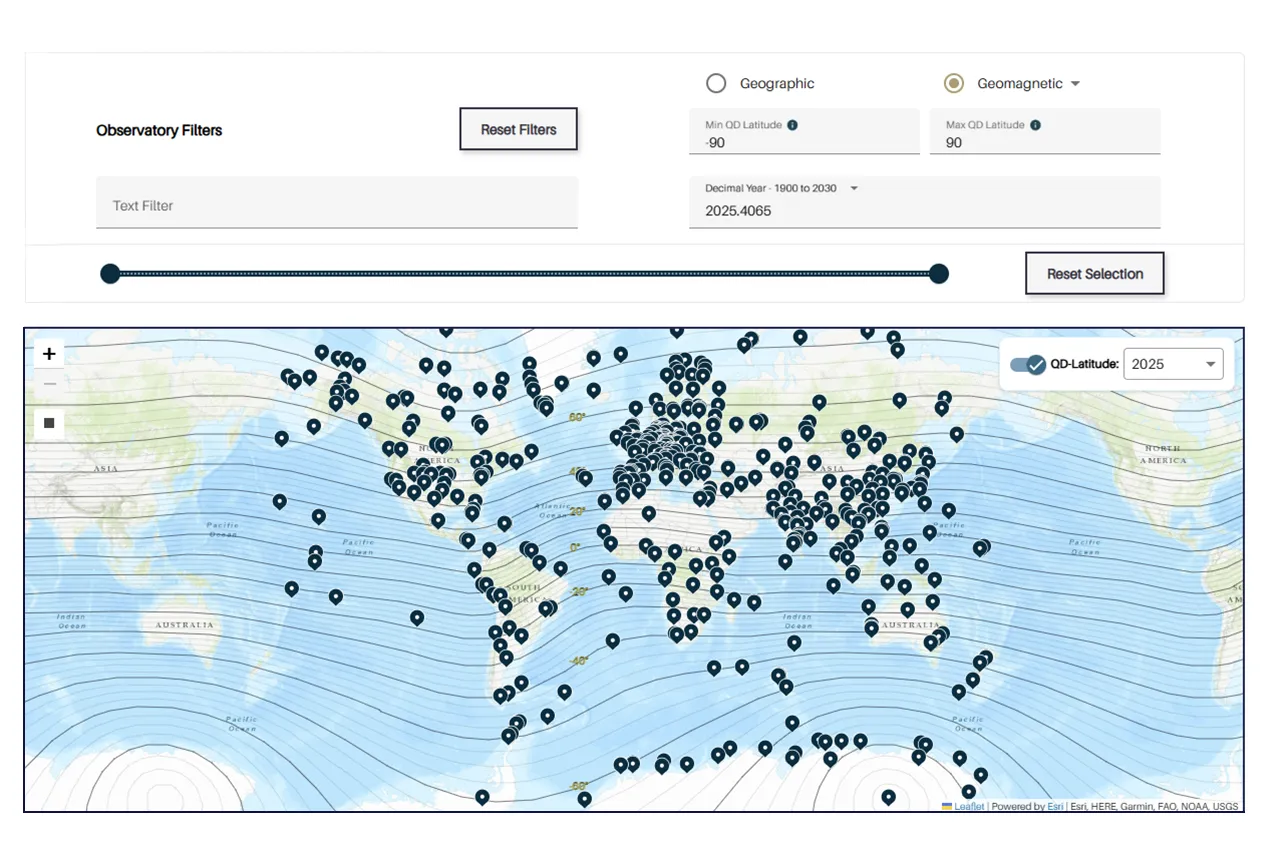
Upgraded web portal improves access to geomagnetism data
02/06/2025
BGS’s geomagnetism portal, which holds data for over 570 observatories across the world, has received a significant update.

BGS digital geology maps: we want your feedback
29/05/2025
BGS is asking for user feedback on its digital geological map datasets to improve data content and delivery.

What is the impact of drought on temperate soils?
22/05/2025
A new BGS review pulls together key information on the impact of drought on temperate soils and the further research needed to fully understand it.
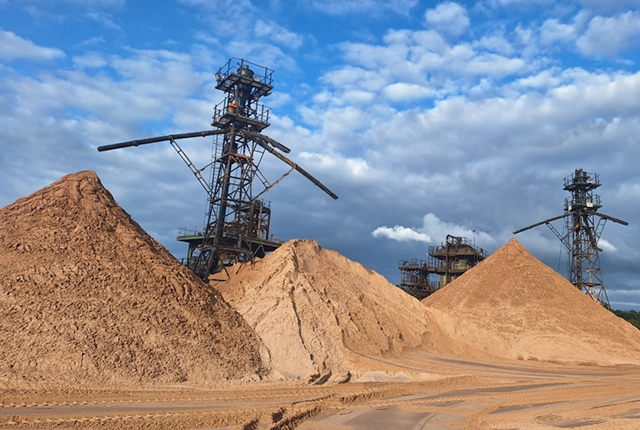
UK Minerals Yearbook 2024 released
21/05/2025
The annual publication provides essential information about the production, consumption and trade of UK minerals up to 2024.

BGS scientists join international expedition off the coast of New England
20/05/2025
Latest IODP research project investigates freshened water under the ocean floor.

New interactive map viewer reveals growing capacity and rare earth element content of UK wind farms
16/05/2025
BGS’s new tool highlights the development of wind energy installations over time, along with their magnet and rare earth content.
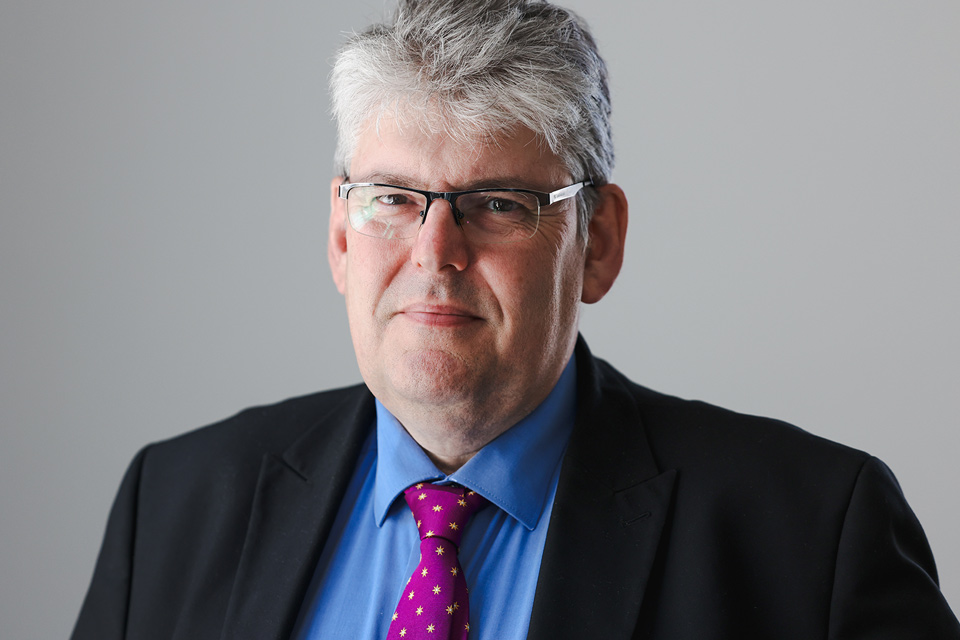
UKRI announce new Chair of the BGS Board
01/05/2025
Prof Paul Monks CB will step into the role later this year.



